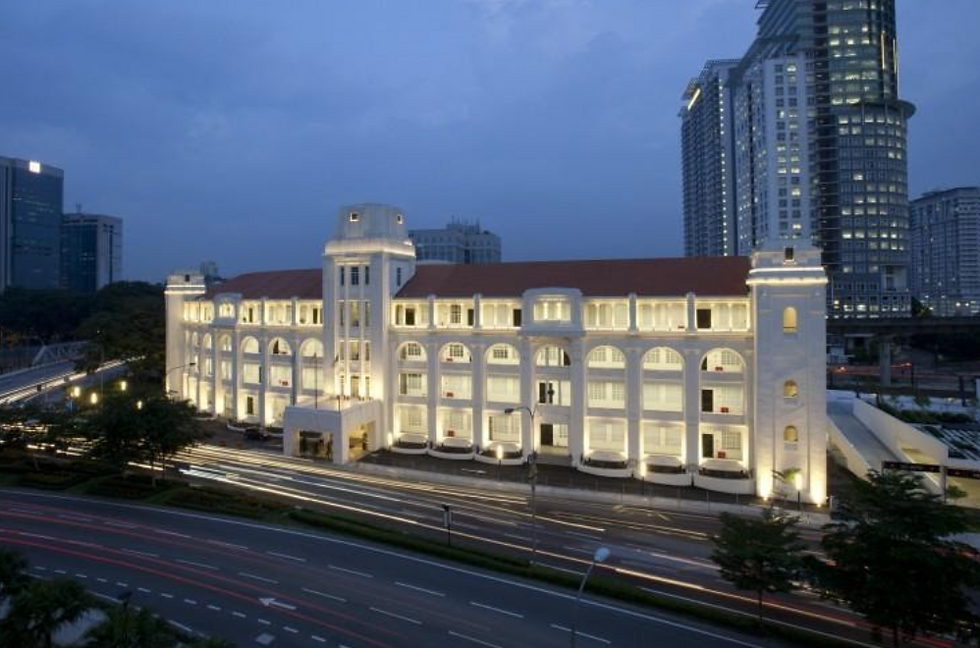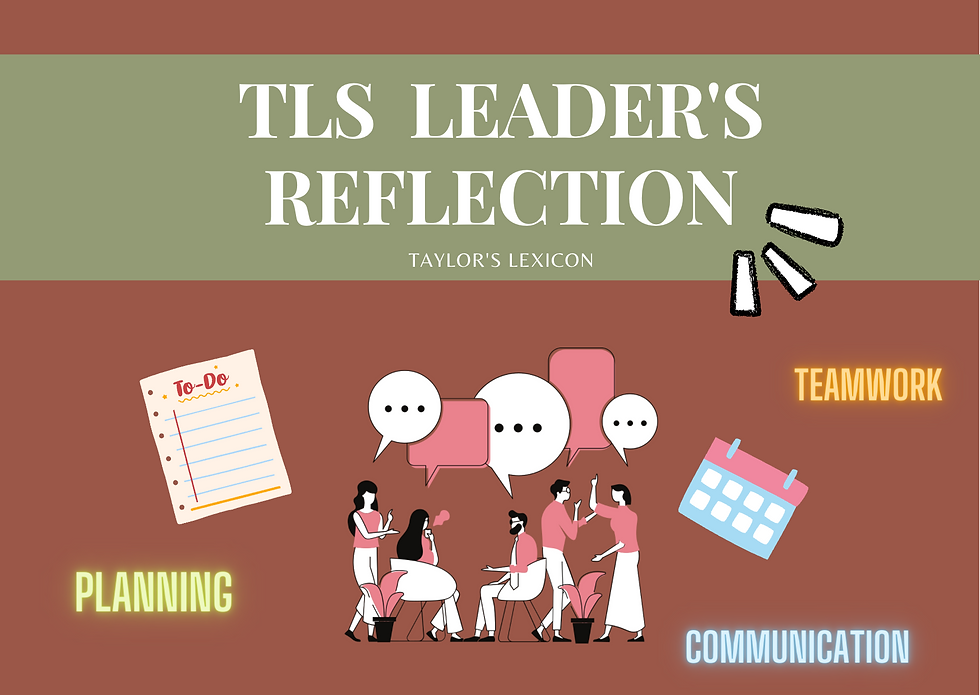AIAC Internship: Reflective Experience
- Tay Khye Vern
- Mar 28, 2020
- 5 min read
Updated: Apr 30, 2020
Widely recognised as a premier hearing centre in all of Asia, established in 1978, currently situated in one of Malaysia’s most iconic heritage buildings - Bangunan Sulaiman, and principally known for their quality services as an arbitral institution, the venerable status of the Asian International Arbitration Centre (AIAC) is well-accorded. Absent of any prior knowledge, the name itself exudes the impression of an institution of titanic importance and influence. Given all that, I personally was both excited and agitated to begin my internship at the AIAC as I believed it would be a working situation that would be both incredibly simulative as well as greatly taxing. However, the reality of the situation was somewhat different.
My first day at the AIAC was spent familiarising myself with the venue. It played host to multiple spacious holding rooms used for arbitration proceedings, a comfortable auditorium for large-scale events, and a charming open-air roofed area for lunch. Generosity was not a foreign concept to them, as the AIAC freely provided every employee with 10% and RM5 off a meal every day. Between the roomy open-air passageways that granted a view of the city area surrounding us, the bright reception area with large windows all around, and a beautiful garden patio, the AIAC gave off an impression of comfortable warmth and liberating space. Those same words could be similarly used to describe my internship experience.
As a legal intern, I worked under case counsels, so named for their task to advise on arbitration and adjudication cases. Being an international centre, the case counsels hailed from all over the world, including Hong Kong, India, etc. Those from Malaysia were labelled as “case counsels” whilst those from outside of Malaysia had the designation “international” affixed onto their title. The difference between them starts and ends at the title though, as their job scope is more or less the same day to day.
At the AIAC, a large number of cases, primarily payment disputes, come in every month, and the method of resolving said disputes falls within the ambit of either arbitration or adjudication. Each individual case is personally assigned to a case counsel, whose task is to: ensure that the appropriate arbitrator is hired, the case is commenced on time, the venue is legally neutral for both parties (Claimant and Respondent), and amongst other things. As such, each case counsel can be personally tasked with up to 10 cases per month. Accordingly, they are required to handle an immense amount of paperwork, and that’s where most of my work comes in.
There exists a need to double-check and verify the information presented in the multiple official exchanges between the two parties. For example, the amount in dispute, the specific type of contract, the specific work project that was commenced, etc. Most of my day-to-day tasks involve ensuring these papers are filled out accurately, and to be done on time so the case can commence. It is essential for matters to be completed in an efficient manner as there are numerous deadlines for a multitude of matters in a single case. These procedural deadlines were patiently taught to me and can also be found in the Construction Industry Payment and Adjudication Act 2012 (CIPAA). Despite the number of cases and the need for efficiency, the work culture as a whole was surprisingly relaxed and nonchalant.
Many of the case counsels there were relatively young, and most of them had an open mind and a friendly presence. They shared their work experience with us easily, from looking out for inaccuracies in the dates to requesting relevant paperwork from the law firms we are liaising with. Individual case counsels also occasionally choose to sit in with the interns for lunch to share their past and present work experience. Some of them lead well-travelled lives, as they hopped from country to country and finally choosing to momentarily settle in Malaysia; while others still are cultivating their legal potential, as a particular case counsel shared he will be leaving AIAC by next year to further his legal studies in the USA.
Their friendliness went beyond the workplace, as they strived to make me feel as welcome as possible even outside work hours. For example, the staff held informal badminton sessions every week and they readily invited me to join them within 2 weeks of me working there. They were eminently inclusive, a further illustration of which is how they acknowledged everyone even for special personal occasions. It was fortuitous timing that an international case counsel’s birthday coincided during my last few weeks working there, and she courteously invited myself and my fellow interns to her party at a decorated bar in Kuala Lumpur. There we shared drinks, laughs, and even met a former intern who stopped his internship last year to continue his final year of law school. His presence there is a good indicator on how well-connected one could be even after leaving the AIAC.
Special occasions were not a strange phenomenon at the AIAC, as on top of regular arbitration and adjudication proceedings, AIAC also played host to many special events. Respected lawyers and revered judges were invited to share their expert opinions in the forms of round-table discussions and speeches. These events usually last throughout the day, and my regular duties as a legal intern would then be replaced with miscellaneous duties such as ushering the guests to the auditorium. These days usually felt like a reinvigorating breath of fresh air from the typical work week, not least because the lunch served was exceptionally more delicious than the usual grub. Between the welcomingly calm work environment, the friendly faces, and the occasional fun events, the internship felt like it would never end.

However, due to unfortunate external circumstances, my legal internship had to be cut short. Nonetheless, the accommodation and professionalism of the AIAC stood out even in the face of a global pandemic. The higher-ups involved certainly had a turbulent time, as right in the midst of the COVID-19 pandemic, they also had to deal with the unfortunate passing of our respected director. Given all the chaos, it was remarkable how capably they responded.
Before the issuance of the Movement Control Order, the interim people-in-charge (made up of the heads of the different departments working there) already thought ahead and implemented a “work from home” schedule to ensure the well-being of their employees. Even after the implementation of the MCO, the AIAC was quick to inform all of us via personal phone calls on the matter of our continuing work and pay. I genuinely respected them for undertaking such considerate actions.
Undoubtedly, my AIAC legal internship experience was a welcoming one, with friendly colleagues and a hassle-free work environment alongside occasional perks. It was definitely an enjoyable and interesting experience overall.








Comments